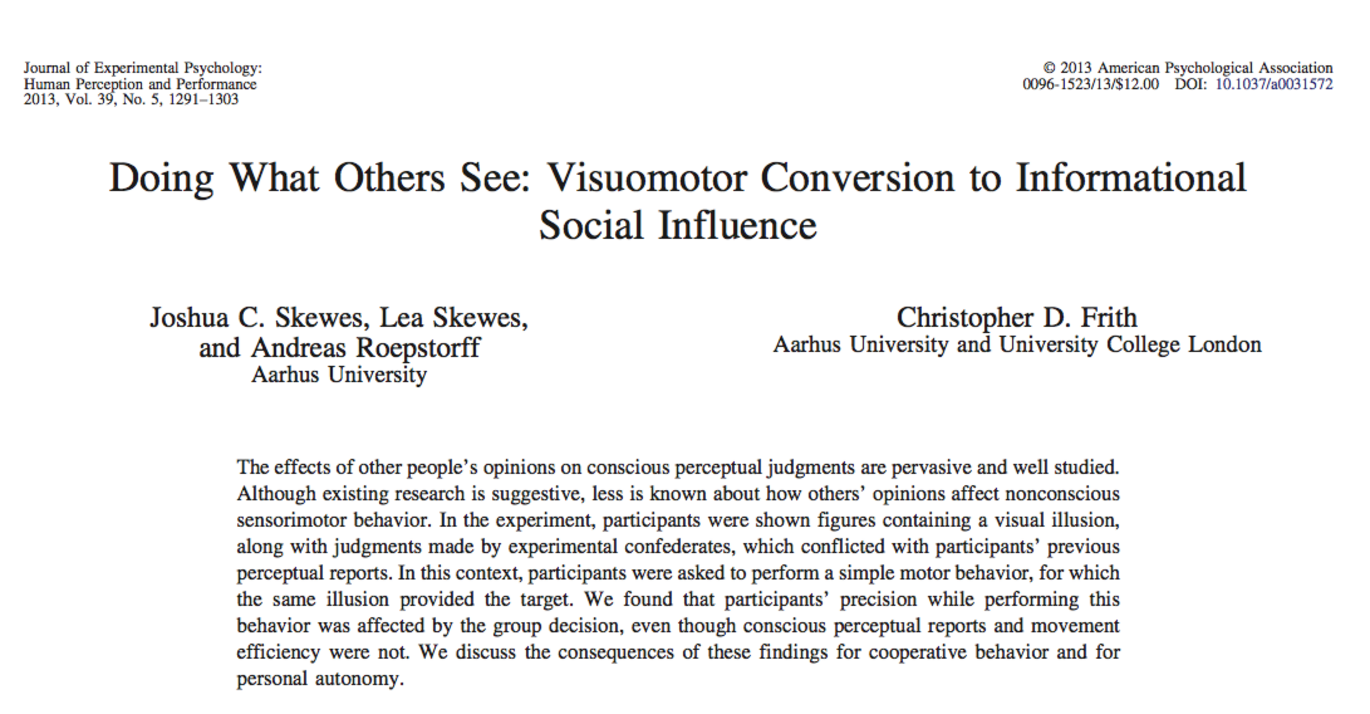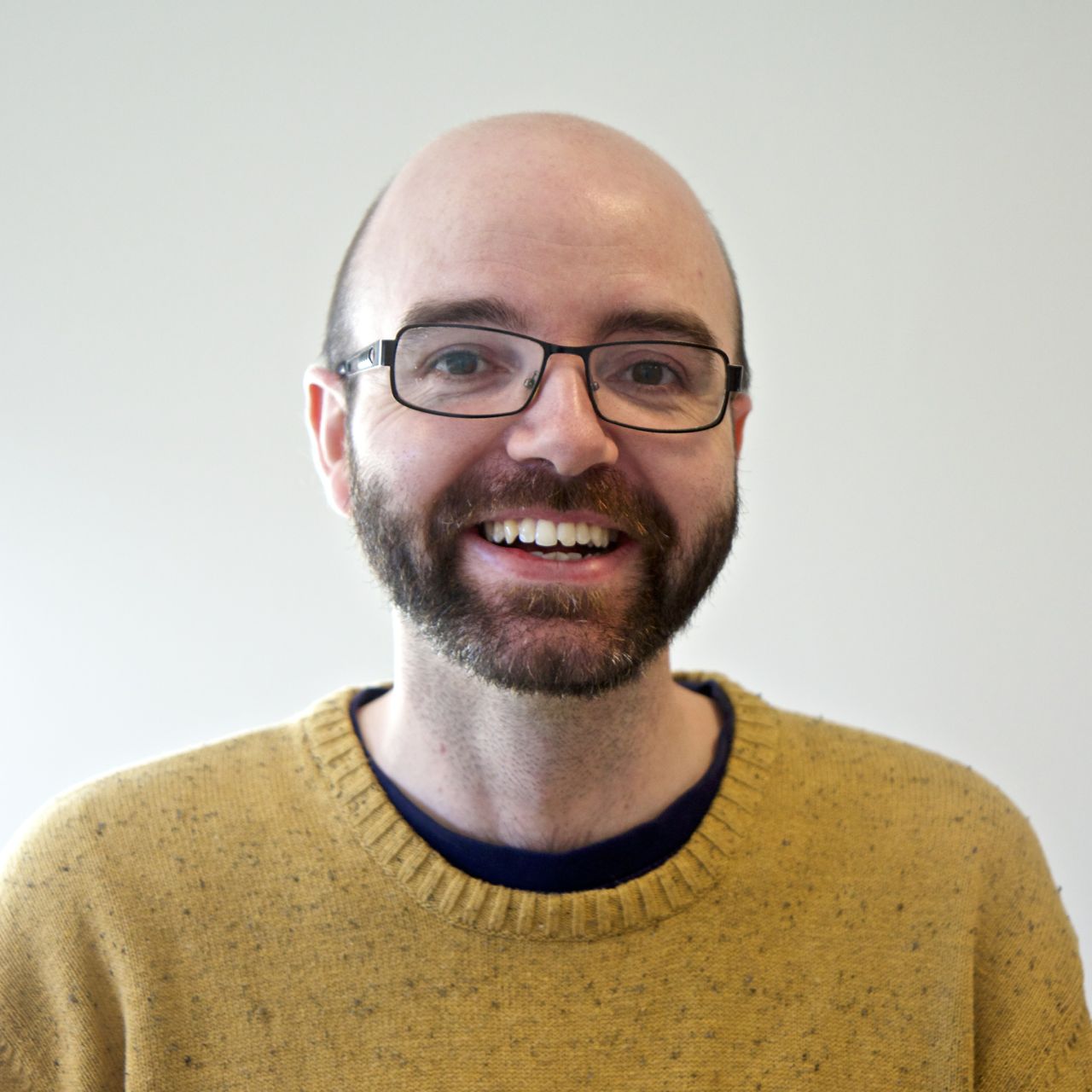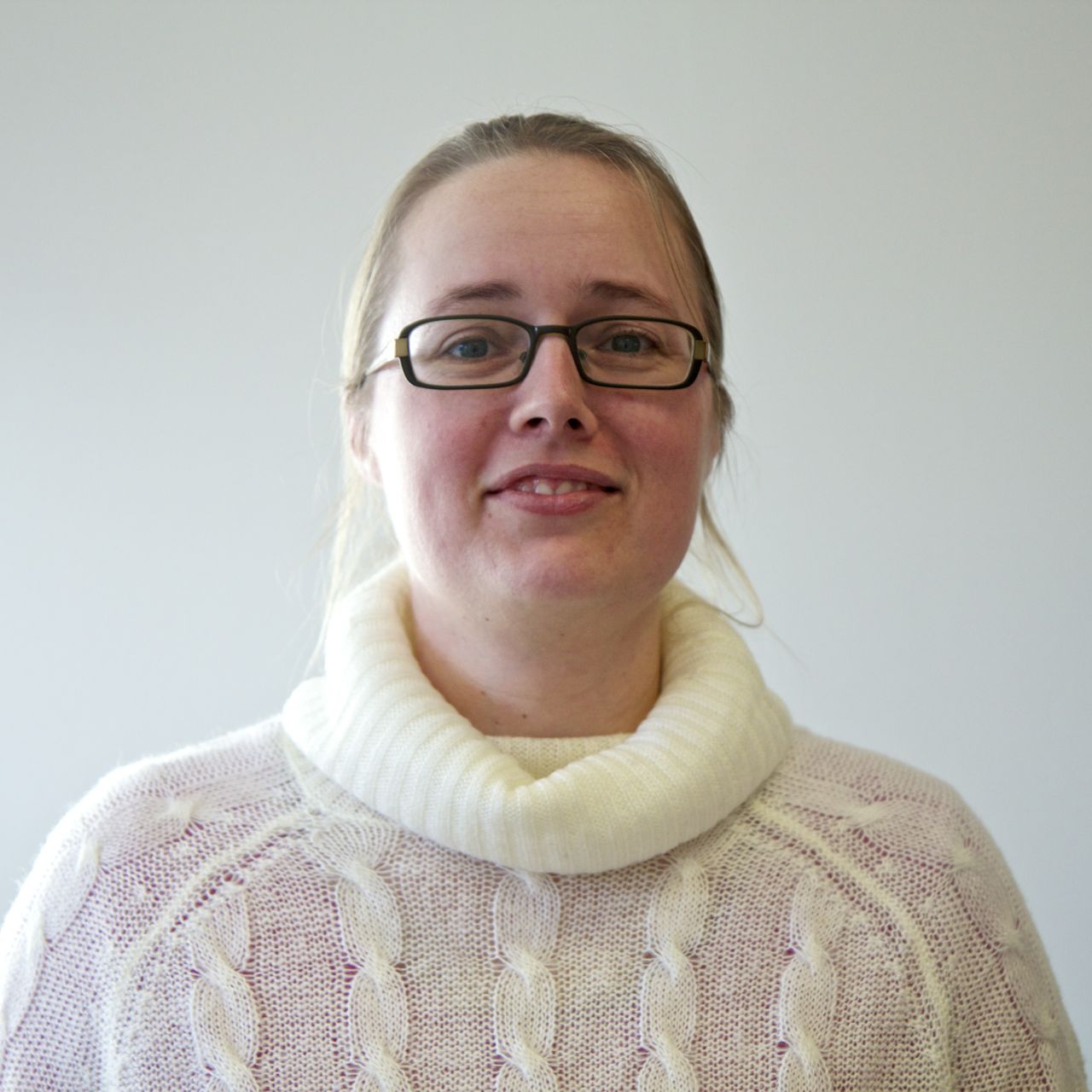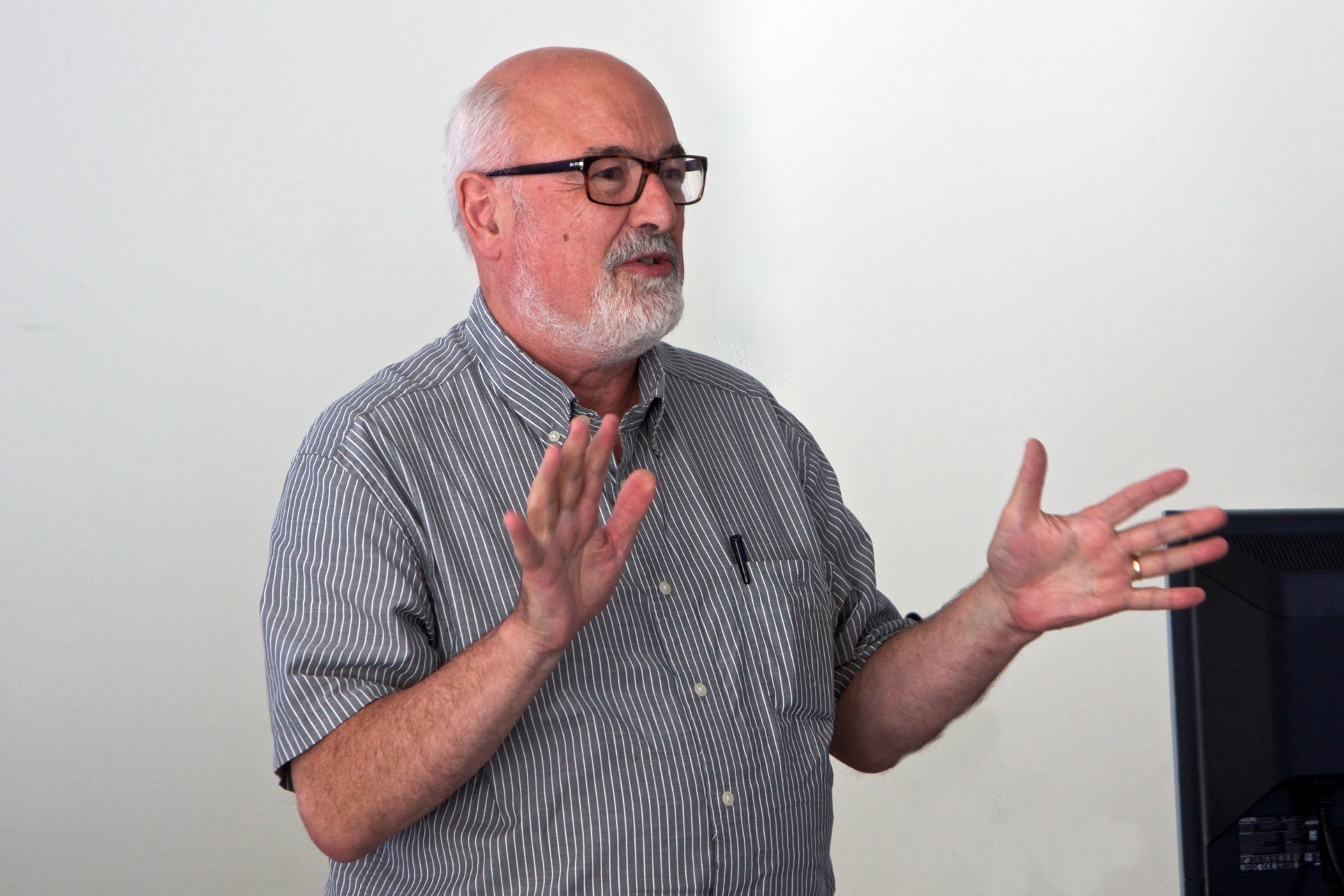Doing What Others See
"Doing What Others See: Visuomotor Conversion to Informational Social Influence" is the full title of a new study by IMC researchers published in Journal of Experimental Psychology: Human Perception and Performance. Other people's opinions influence our behavior in a very literal sense, the study finds. Even when we're not acutely aware of it.





The article published in volume 39, no. 5 of Journal of Experimental Psychology credits a total of four authors, all of whom are closely associated with Interacting Minds Centre, starting with IMC Director, Professor Andreas Roepstorff, psychologists Joshua and Lea Skewes, and Professor, Christopher D. Frith.
Individual or Product of Social Context
"We, the authors, all share an interest in the conflict between two big ideas in intellectual history", explains Australian born IMC researcher Josh Skewes. "One is the idea that we are all individuals, with independent goals, interests, and beliefs. The other is the idea that we are fundamentally the product of our social context, and that our upbringing and surroundings determine who we are and what we do. To us, these ideas seem interestingly paradoxical, and we designed the study to explore the tension between them".
The Influence of Others
Which question is your paper trying to answer in particular, I ask Josh and his Danish wife and co-author Lea Skewes. "In a very literal sense, we see the world in two ways at once", says Lea. "At one level, we see the world of conscious experience – of things like chairs and tables and apples, which we can give names to and talk about with other people. At the same time, we also “see” a world that we can act on – of shapes and textures that we can grasp and manipulate. How do we know that the world we experience and the world that we act on are really so different for us? Well, for one thing, they are represented in different parts of the brain. For another, in the world of conscious experience, we are more easily tricked by things like distortions and visual illusions. When we act, we are more likely to act on objects as they “really” are, than as we experience them, so our actions are more resistant to illusions and things like that. The question we set out to ask is whether this world of action is more or less susceptible to influences from other people, than the world we consciously experience."
The Experiments
"We asked people to make conscious judgments about the size of an object that was embedded in a visual illusion", explains Josh Skewes about the experiments involved in the research. "We also asked them to perform an action on the same objects. Our participants performed both tasks either alone, and under the influence of other people’s opinions. We found that consciously, people resisted the opinions of others, and stuck to their guns when describing the objects. However, when they had to perform an action, their movements were subtly affected by what other people thought. The effects were small, but they were there", says Josh Skewes.
The Implications of Unconscious Influence from Others
And what does this tell us, I ask the Skewes? What are the implications of your findings? "This suggests that even if we completely ignore what other people say consciously, other peoples’ opinions can still have subtle influences on what we do", says Josh. "This might have all sorts of implications, both positive and negative. On the positive end of the spectrum, it might help us co-ordinate very basic behaviors with other people, even if we don’t agree with what they say, and so contribute to social cohesion. On the negative end, and a bit more speculatively, it might mean that if other people around us are constantly endorsing negative stereotypes that we consciously reject, they might come to unconsciously affect our behavior anyway. So at the end of the day, we haven’t really solved our big paradox, but we do think we’ve provided a new way of looking at it."



